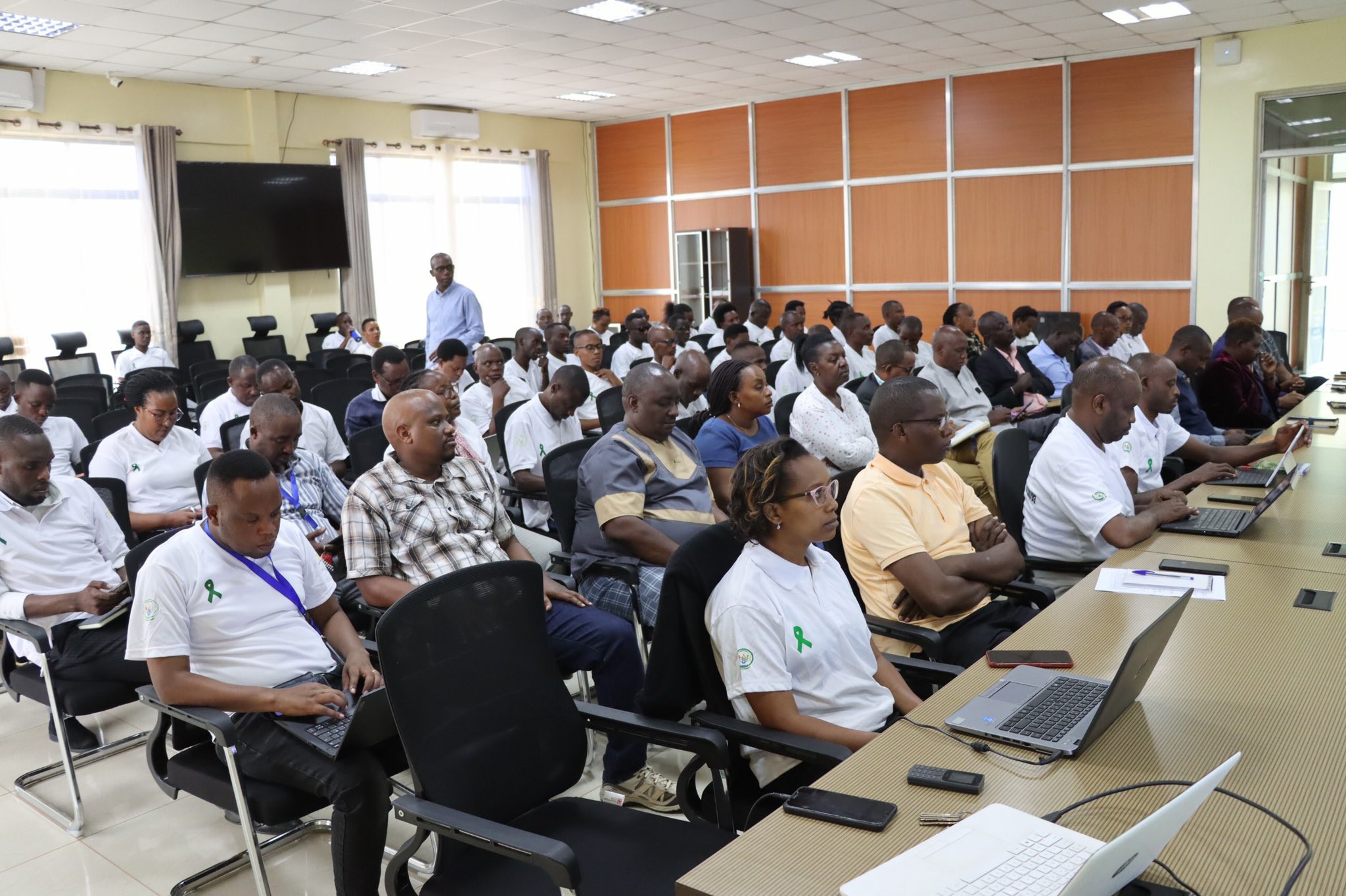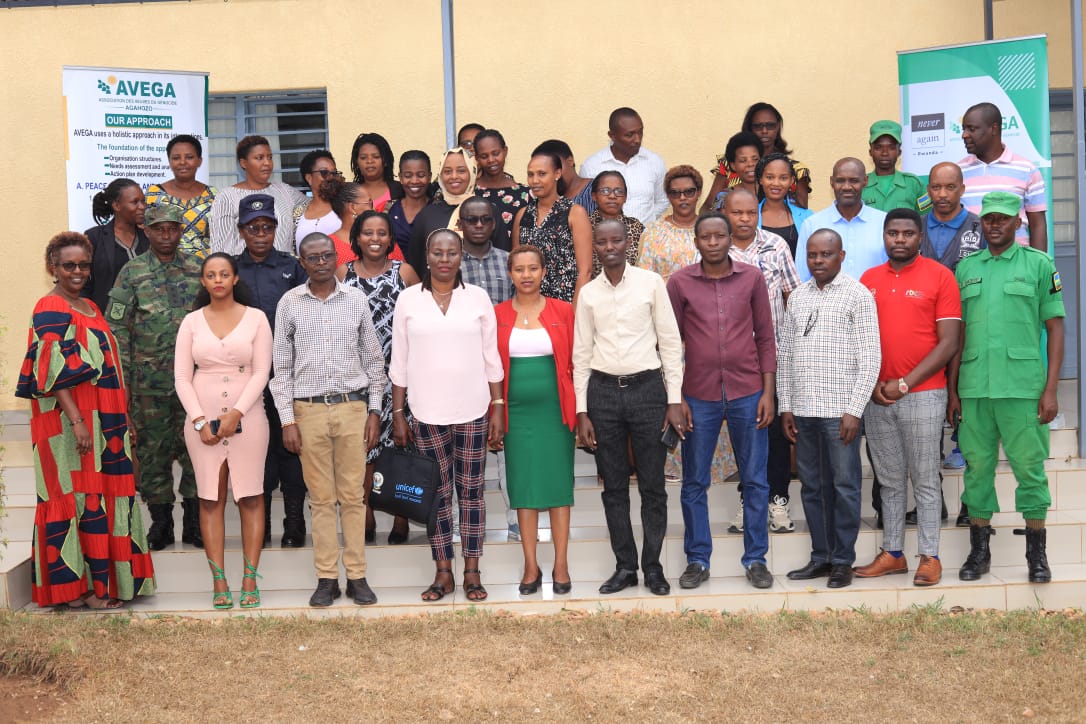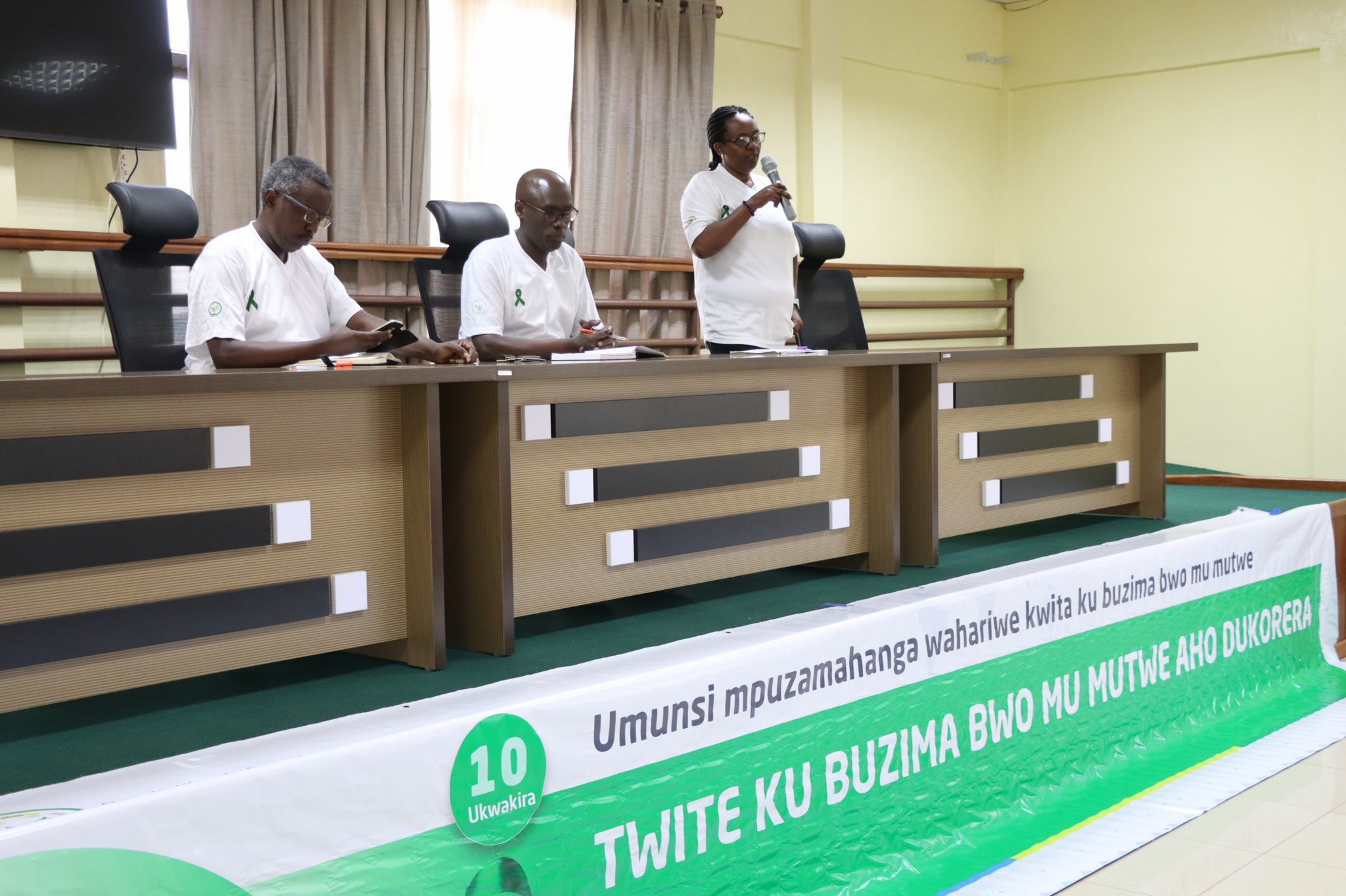
Research on the psychological impact of the 1994 Rwandan genocide reveals significant mental health challenges among survivors and the general population. Studies show that 35% of survivors experience major depressive episodes, 27.9% suffer from PTSD, and 26.8% face panic disorders. Women are disproportionately affected, with 53.3% of female survivors experiencing mental health issues compared to 48.8% of men. Trauma may also be passed down to future generations through epigenetic changes. Although 61.7% of the general population and 76.2% of survivors are aware of mental health services, usage is low—only 5.3% and 14.1% seek help, respectively. This highlights the need for accessible, community-based mental health support, which AVEGA’s program addresses.

AVEGA Agahozo’s Mental Health Subprogram offers integrated mental health care, combining hospital services with community support. It focuses on treating ongoing trauma, PTSD, and depression using a holistic approach, which includes both mental health care and social empowerment. The program provides individual and group counseling through district psychotherapists and operates telephone based counselling through a toll-free call center (7494) offering immediate support. Additionally, trauma-informed leadership training helps local leaders assist their communities. AVEGA collaborates with health facilities, the Rwanda Biomedical Center, and other organizations to expand care access and promote healing, resilience, and social cohesion. These services are available to both genocide survivors and the broader population.


